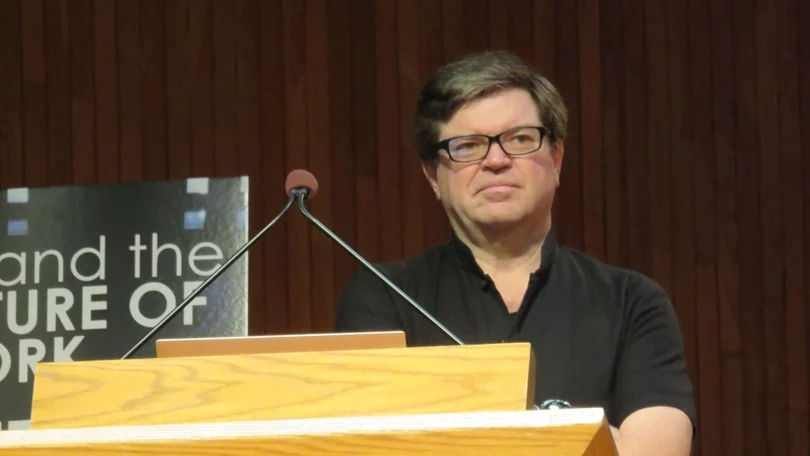Artificial intelligence (AI) is a topic that is now receiving a lot of attention, especially in light of the recent release of OpenAI’s ChatGPT chatbot, which has fuelled speculation about the possibility that AI will replace humans in some jobs. As a result, many people have expressed worries about the possibility of losing their jobs, which may be baseless. Although these worries have undoubtedly been worsened by the quick development of AI technology, there may yet be reason for hope.
One of the three godfathers of AI and the chief scientist of Meta, Professor Yann LeCun, confirmed that artificial intelligence will not take over the world or permanently eliminate jobs. LeCun referred to the concerns that AI poses a threat to humanity as “preposterously ridiculous” during a press event for Meta in Paris. He predicted that, although it would take some time, computers would eventually surpass human intelligence. He suggests that those who are concerned about the safety of AI should just refrain from developing it.
He disagrees with the “other godfathers,” Yoshua Bengio and Geoffey Hinton, who stated AI was a danger to humanity. According to LeCun, the idea of artificial intelligence (AI) taking over the world is just human nature projected onto machines. The BBC quoted him as stating, “It would be a huge mistake to keep AI research under lock and key.”
The expert claimed that those who expressed worry about the possible threats posed by AI were probably having trouble thinking of methods to make the technology safer. The scientist used the development of turbojets as an example to support this claim, pointing out that it would have been pointless to ask the inventors of this technology in 1930 about their plans for ensuring its safety.
LeCun explained that there was no doubt that artificial intelligence would surpass that of humans. He did add that in order for researchers to get to that point, they were missing certain fundamental ideas. LeCun is a French computer scientist who won the Turing Award and is knowledgeable in computer vision, computational neuroscience, machine learning, and mobile robotics. At Meta, LeCun serves as vice president and chief AI scientist.
George Hinton, another AI pioneer, announced his resignation from Google in May of this year and expressed regret for his work. Hinton continued by sounding the alarm over the impending hazards of AI’s swift advancements. Yoshua Bengio claimed in the same month that if he had known the rate at which AI will advance, he would have prioritized safety before utility.




